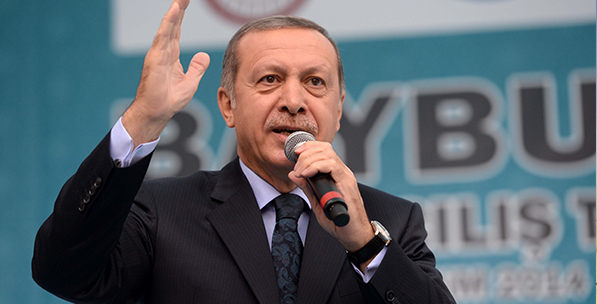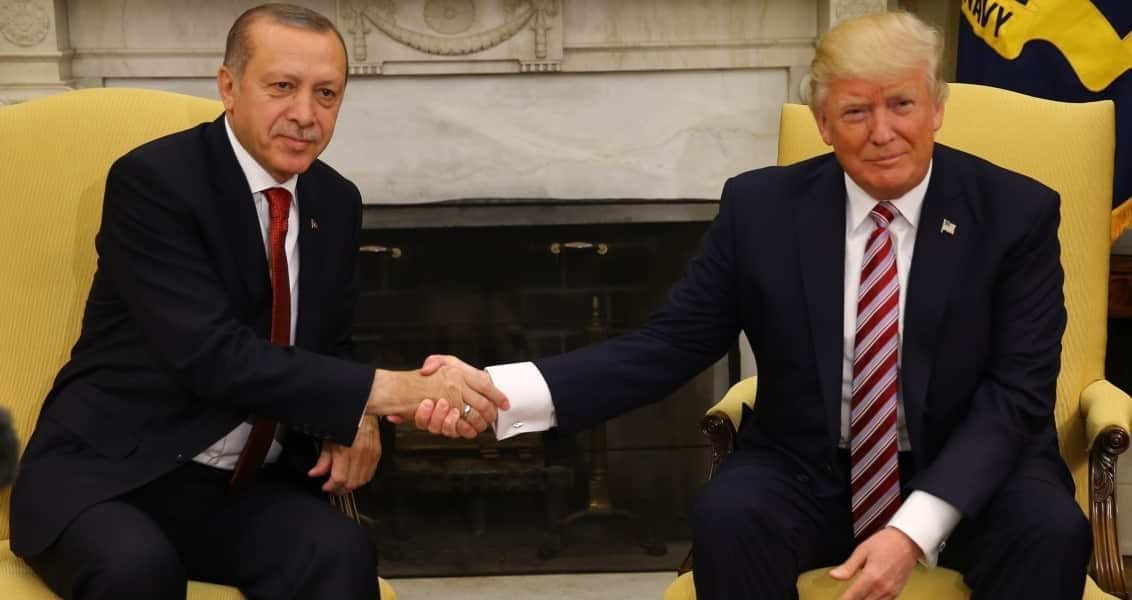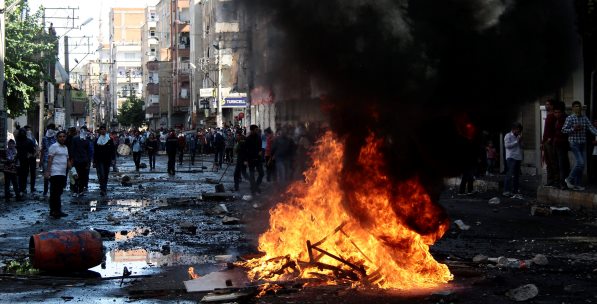Being an emerging economy in the conflict-ridden Middle East while also catering to domestic stability for long-term development is an extremely difficult business. Geo-political risks are endless, ethnic and sectarian conflicts are rife, transborder trade relations are minimal, prospects for integration are slim and great power meddling is abundant. In the midst of all these challenges, Turkey somehow managed to generate an admirable development and democratization story in the region by navigating around domestic, regional and international danger zones. Since the onset of the global economic crisis and Arab revolutions, Turkey's development and democratization narrative continue to advance under systemic tests produced under constant pressure. The explosion of the Arab revolutions and civil wars, the Gezi Park protests, Dec. 17 operations and the final wave of violence unleashed by radical Kurdish elements in the apparent response to the falling of Kobani - also know as Ayn-al Arab - in Syria have all constituted serious tests.
Despite occasional hesitations and tactical hiccups, policy makers have so far proved adept in crisis management and are capable of overcoming the systemic tests under the strong leadership of President Recep Tayyip Erdoğan. Now, we have a new administrative equation with Erdoğan as president and Ahmet Davutoğlu as prime minister and they are once again called on to show strong leadership. The last episode of organized violence across the country created widespread shockwaves that cost more than 30 lives and the numbers are sadly still increasing. Then there was an armed attack on the police chief in the eastern city of Bingöl and his team following a long period of calm and peace in recent years.
Erdoğan said that street violence that used the government's alleged inaction against ISIS attacks in Kobani as a precept had nothing to do with developments in Syria and were designed to halt Turkey's resolution process. Sensible analysts also confirm that the humanitarian calamity in Kobani was used for the incitement of organized violence and to exert pressure on the government to raise security measures. Indeed, the scenes in Diyarbakır where armored army vehicles were called to help maintain control were distant reminders of the old Turkey, given the progress so far in the resolution process. Moreover, political and bureaucratic actors were in constant contact with the representatives of the pro-Kurdish Peoples' Democratic Party (HDP) as well as the leadership of Kurdish groups in Syria over the course of last week. So, the kind of negotiation dynamics that led to the rise of social tensions and a return to the organized violence of the 1970s is totally unknown.
Whatever the reasons, a thin line is being walked because the maintenance of law and order should be achieved urgently without giving disproportional security responses and jeopardizing the reconciliation process. This process, which has reached a phase of critical progress, is extremely vital for Turkey's development and democratization initiative because it has been instrumental in keeping the country out of the ethno-sectarian conflicts that dominate the region.
The reconciliation process is rightly interpreted as one of the greatest achievements of Justice and Development Party (AK Party) government that contributes to social harmony and political and economic stability, enabling Turkey to emerge as a regional power. If radical elements raise the stakes on the way to the general elections and intensify violent attacks, there will certainly be an impact on the economy in the medium term. At a time when the availability of global liquidity is contracting and global growth declining, this could create additional obstacles to reduce inflation and stimulate economic growth in Turkey. In the meantime, Turkey's positive divergence among developing countries might be placed at risk as well. In sum, Turkey is going through challenging times from a number of angles, but fortunately, there is sufficient polit








